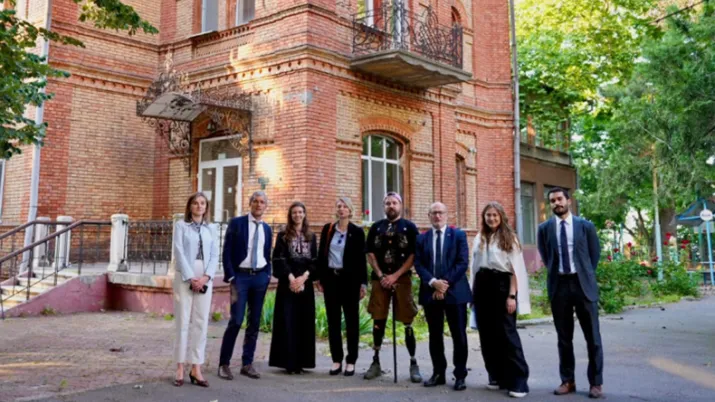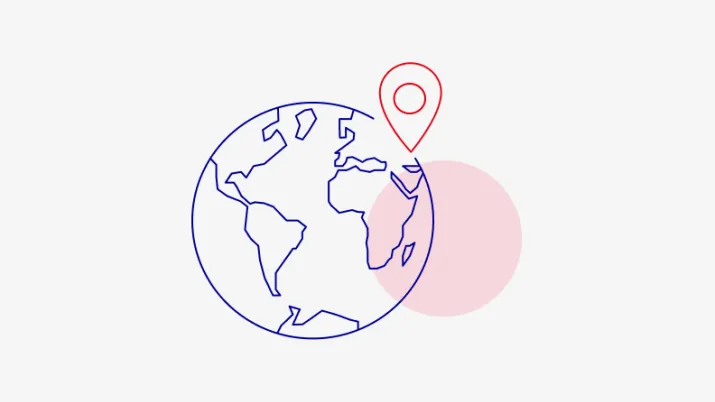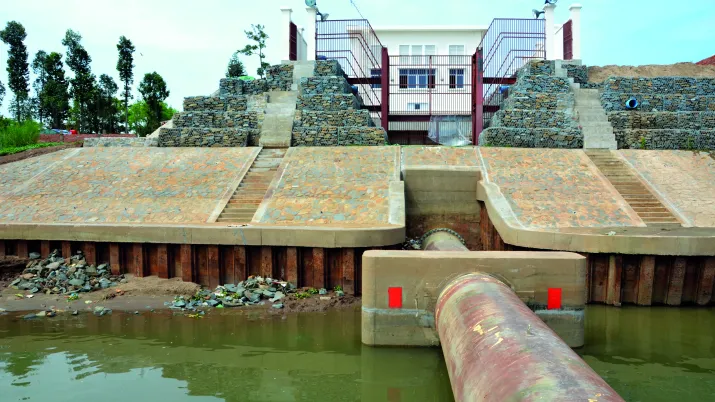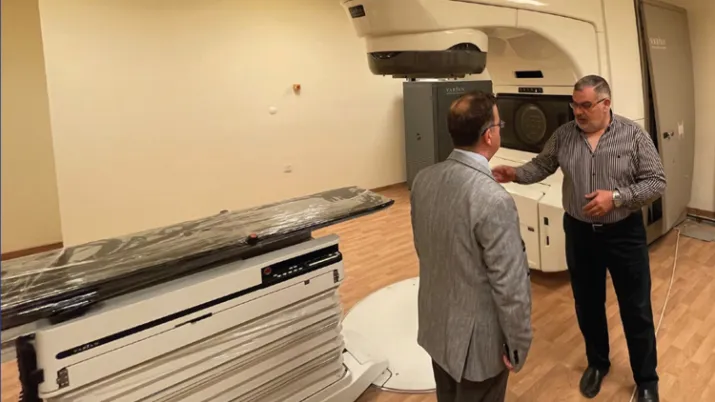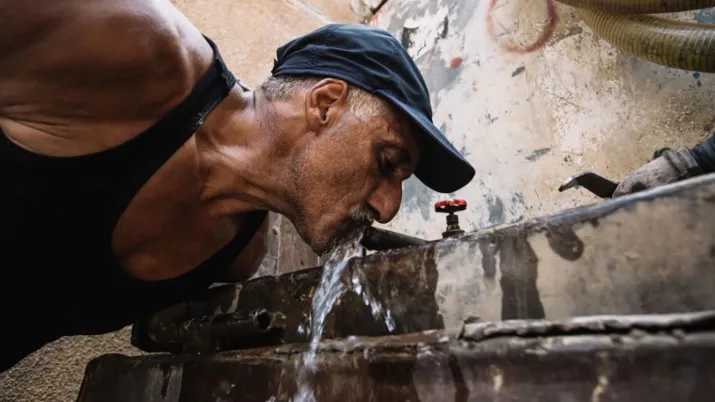Share the page
Emergency and medium-term support for “Water and Sanitation” reconstruction in the southeastern regions
Project
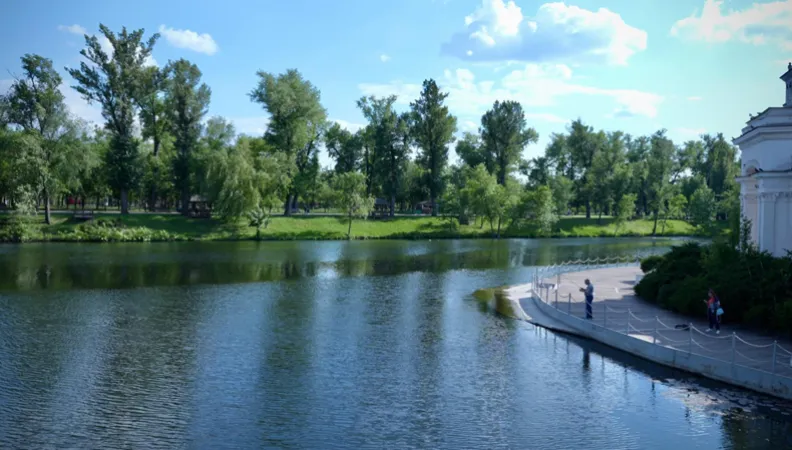

-
Project start date
-
Status
Ongoing
-
Project end date
-
-
Project duration
-
2 years
-
AFD financing amount
-
€ 5 000 000
-
Country and region
-
Location
-
Southeast regions of Ukraine
-
Type of financing
-
Beneficiaries
-
Solidarités International, Unicef, City of Kryvyi Rih
-
Type of beneficiary
-
CSO
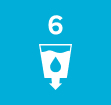
As Russia’s war of aggression has severely damaged Ukraine’s water infrastructure, the project aims to improve access to safe drinking water and sanitation services in the southeastern regions of the country.
Context
Since February 2022, Russia’s war in Ukraine has caused extensive damage to water and sanitation infrastructure, estimated at USD 4 billion. The most affected facilities are drinking water distribution networks and wastewater collection systems.
Reconstruction and modernization of this sector—already weakened before the war by underfunding and inefficient management—has now become a national priority.
Description
The project addresses one of Ukraine’s most urgent challenges: limited access to and poor quality of drinking water services, issues worsened by the ongoing war.
Since the start of the conflict, millions have been displaced to urban areas already struggling with aging water infrastructure. In the target region - covering Kryvyi Rih and Kryvyi Hromada, Myrivska and Tomakivska (Dnipropetrovsk Oblast), and Beryslav Raion (Kherson Oblast) - the situation has been further aggravated by the destruction of the Nova Kakhovka dam in June 2023. This disaster severely affected upstream communities that relied on the reservoir’s water through open-canal systems, in a context where groundwater is scarce and highly mineralized.
To address these challenges, the project will restore and upgrade water supply and sanitation systems in both rural areas and urban centers like Kryvyi Rih, ensuring sustainable access to essential services. At the same time, it will establish a national coordination body to harmonize capacity-building efforts, while also conducting strategic studies to design long-term solutions for more modern, resilient, and efficient water management infrastructure.
Impacts
The main expected results are as follows:
-
Component 1: Improved access to safe drinking water for over 16,000 people, the majority of whom are women;
-
Component 2: Capacity building for 1,500 key stakeholders and enhanced national-level coordination;
-
Component 3: Development of a growth strategy for Kryvyi Rih’s water infrastructure, taking into account local needs and future prospects.
Sustainable Development Goals
Clean Water and Sanitation
Goal 6 seeks to achieve universal and equitable access to safe drinking water, hygiene, and sanitation by 2030, especially for vulnerable populations. It also calls for sustainable water management and reducing the number of people affected by water scarcity.
The goal includes the concept of transboundary water management, which is key not only to sustainable governance but also to peace and cooperation.





